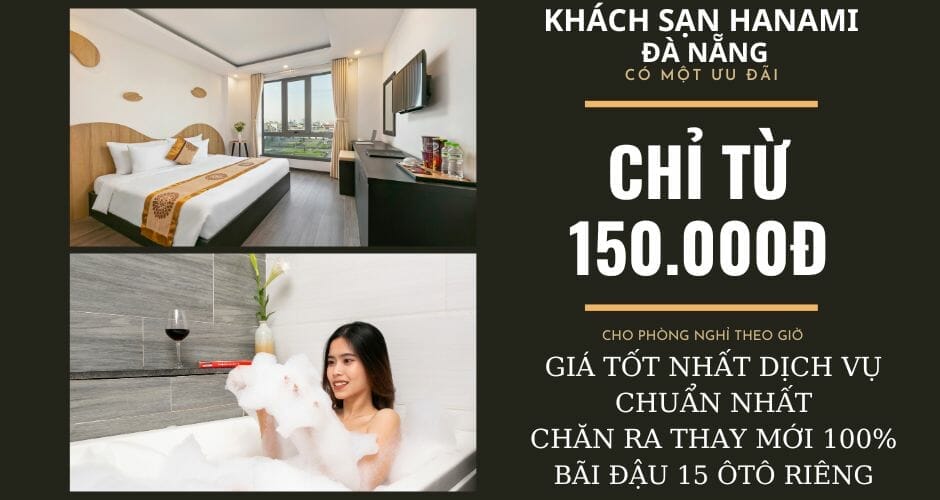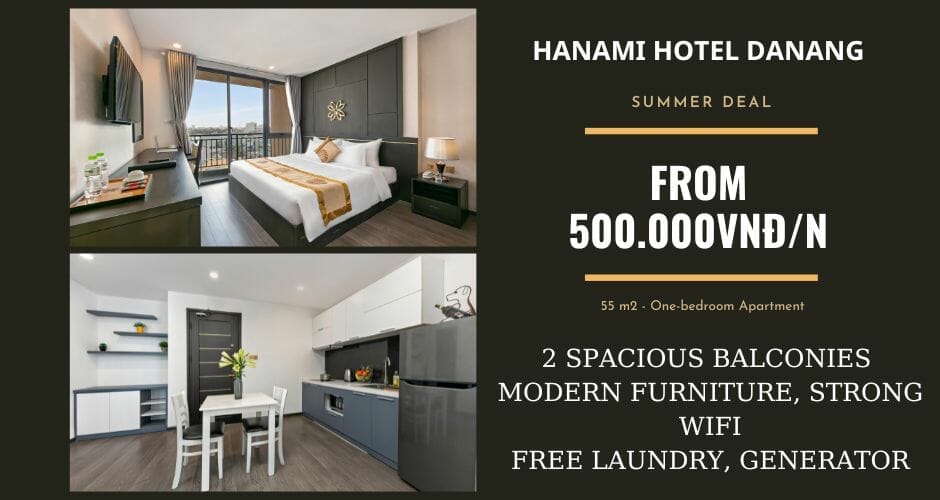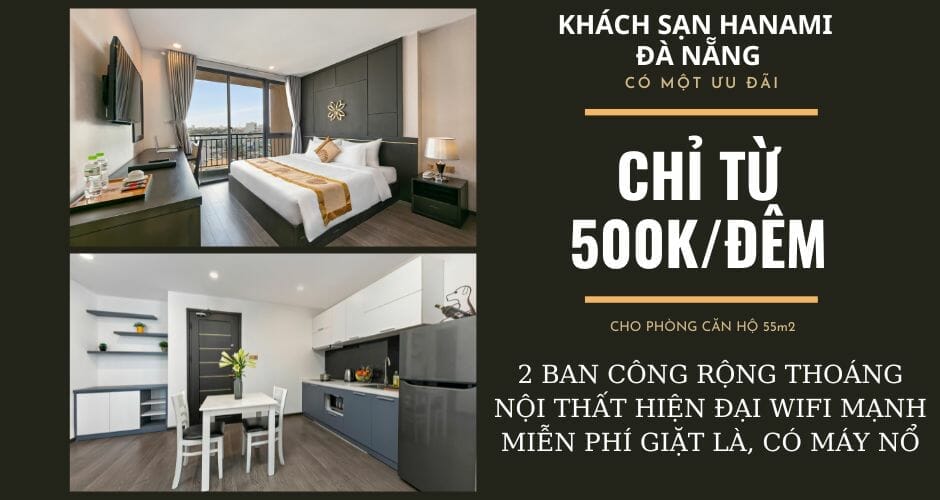Anyone in the food and beverage industry is familiar with VIP visitors. This is a high-class customer who is well cared for, and he is also a significant source of revenue for the hotel. Follow Hanami‘s article “How to handle VIP guests’ arrivals in hotels” to find out more!
Who is a VIP guest?
VIP is an acronym that stands for Very Important Person, which means a very important person. This is also a term used to describe people who hold important positions in society, receive benefits, or are prioritized in a particular profession or service.
In the hotel industry, a VIP is regarded as a special customer who contributes significantly to the hotel’s revenue and profit. VIPs, who can be businessmen, presidents, directors, journalists, reporters, and so on, wield significant power.

The number of visits to the hotel and their ability to spend is a unique feature of VIPs. They are “patrons” of high-class hotel services, willing to pay a high price for the best services.
Furthermore, they are the target of good marketing ability for the hotel because they have a position in society, can introduce the hotel to other VIPs, and can assist the hotel in increasing revenue.
These things prove that VIP requirements are also higher and more stringent than standard standards. Every step in the process of preparing for and welcoming VIPs must be carried out professionally and with attention to detail.
How to classify VIP guests
Each hotel will have different VIP criteria depending on its classification.
Here is one of the most common hotel classifications:
- Golden VIP: Heads of State and Royal Family Members
- Silver VIP: Celebrities such as singers, models, football players, etc.
- VIP Bronze: Board of Directors, relatives of the Board of Directors
Or:
- VIP 1 and VIP 2, including: the CEO, relatives of the Board of Directors, loyal guests, and patrons
- VIP 2 and VIP 3, including: Senior officials in the Government, representatives in the government
- VIP 3 and VIP 4, including: celebrities, high-profile figures in the business world
- VIP 5: Heads of State and Royal Family Members
Furthermore, some hotels provide special treatment to leaders of partners and cooperation units, journalists, investors, event organizers, etc.
The classification of VIP guests contributes to the development of a more appropriate and standard service and staff training process.
How to handle VIP guests’ arrivals in hotels
Professional and thorough welcome process

The hotel’s VIP reception process is as follows:
- The sales department informs the reservations department of a VIP guest booking.
- The front office department must carefully select the room reserved for VIP guests after receiving the notice. VIP requires that these rooms meet certain standards. Avoid situations where other guests have also requested such a room.
- VIP rooms must be assigned on the hotel’s reservation system and assigned a code on the property management system.
- The Reservations Department assigns room codes to VIP guests so that other parts of the hotel are aware of the room status and can prepare to welcome VIP guests.
- After successfully assigning a room for VIP guests, the front desk department will send a VIP request code to the housekeeping department, which will prepare the room in accordance with the VIP guests’ specifications.
- The housekeeping department will prioritize cleaning rooms for VIP guests and will send room status notifications to the front desk as soon as possible.
- Departments throughout the hotel collaborate to prepare for the arrival of VIP guests.
- When the customer arrives, prepare the check-in process for the guest, ensuring that all customer requirements are met and that the restaurant is ready to serve.
- The list of VIP guests must be written on the front office, executive room, and housekeeping department whiteboards.
Professional staff
This is a crucial principle in the art of serving VIP guests at any hotel. VIP guests have higher and more stringent requirements than other guests.
Furthermore, they are talented and knowledgeable in a variety of fields, so they require experienced, professional, and good people in a variety of fields to serve.

Staff serving VIP guests must also be experienced, knowledgeable about high-end services, and capable of advising guests. These employees have the ability to make a difference in the lives of their customers, allowing them to recognize their “class.”
At resorts and 5-star hotels, there is frequently a position called Senior Butler (Butler) whose primary responsibility is to serve VIP guests 24/24
Keep track of customer information
Customers’ special requests, such as wanting to stay in a room on the top floor, always having fresh flowers in the room, or preferring meals served in the room… you must remember and store them for when the guests return. At the hotel, you can fully prepare according to the guests’ wishes without waiting for them to ask, leaving guests with an unexpected and profound impression of the experience that the hotel has brought to them.
Advantages of serving VIP guests
- Earning a lot of money because most VIPs always use luxurious and diverse services and are willing to spend a lot of money.
- Increase the hotel’s reputation and prestige, particularly for guests who are constantly covered by the media, such as heads of state or celebrities.
- Increase bookings later by improving reputation and prestige; additionally, the fact that their idols check in there will encourage fans to trust and book when the opportunity arises.

Disadvantages of serving VIP guests
- The VIP’s subjective perception of service quality can cause a communication crisis for the hotel if the review is not good on digital platforms or provided to the press.
- There could be security issues that make them and their employees unsafe.
- Employees are easily pressed, and mistakes in service are common.
- VIPs frequently demand extremely high service quality, which is sometimes excessive or impossible.
- They need to focus on serving as well as ensuring safety and privacy for VIPs, so it can cause a difference in terms of personnel, distracting other guests.
VIP visitors are consistently the main source of income for the hotel. As a result, numerous hotels are continuously hunting for VIP visitors and ready to upgrade their services. Hanami’s article, “How to Handle VIP Guests’ Arrivals in Hotels” will help you learn more insightful knowledge that you can successfully use in your daily life.
Về tác giả:
Chúng tôi không kiếm lợi nhuận từ nội dung đăng tải. Các bài viết đều được biên soạn và kiểm duyệt bởi đội ngũ tác giả và biên tập viên của công ty TNHH du lịch khách sạn Hana. Xem thêm: về tác giả




